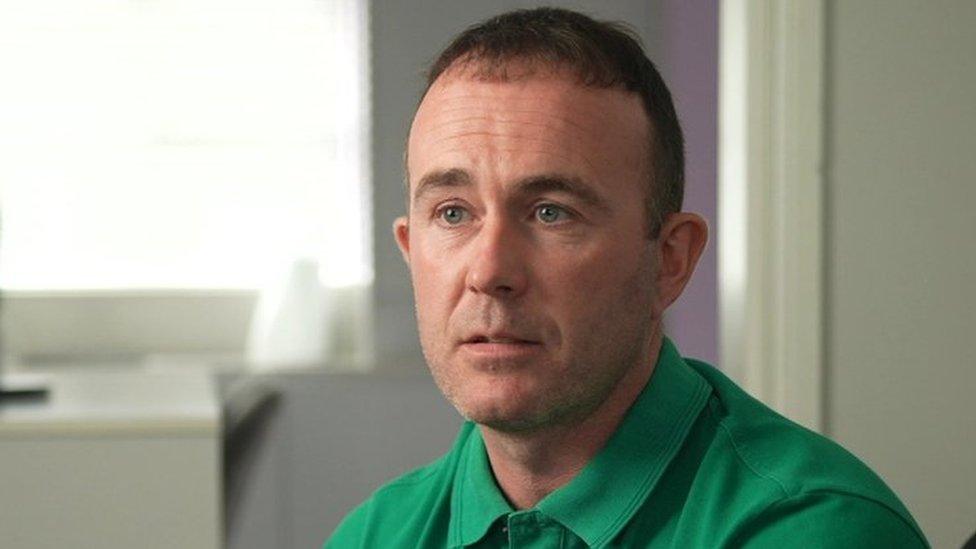Guildford bombings among legacy body's first cases
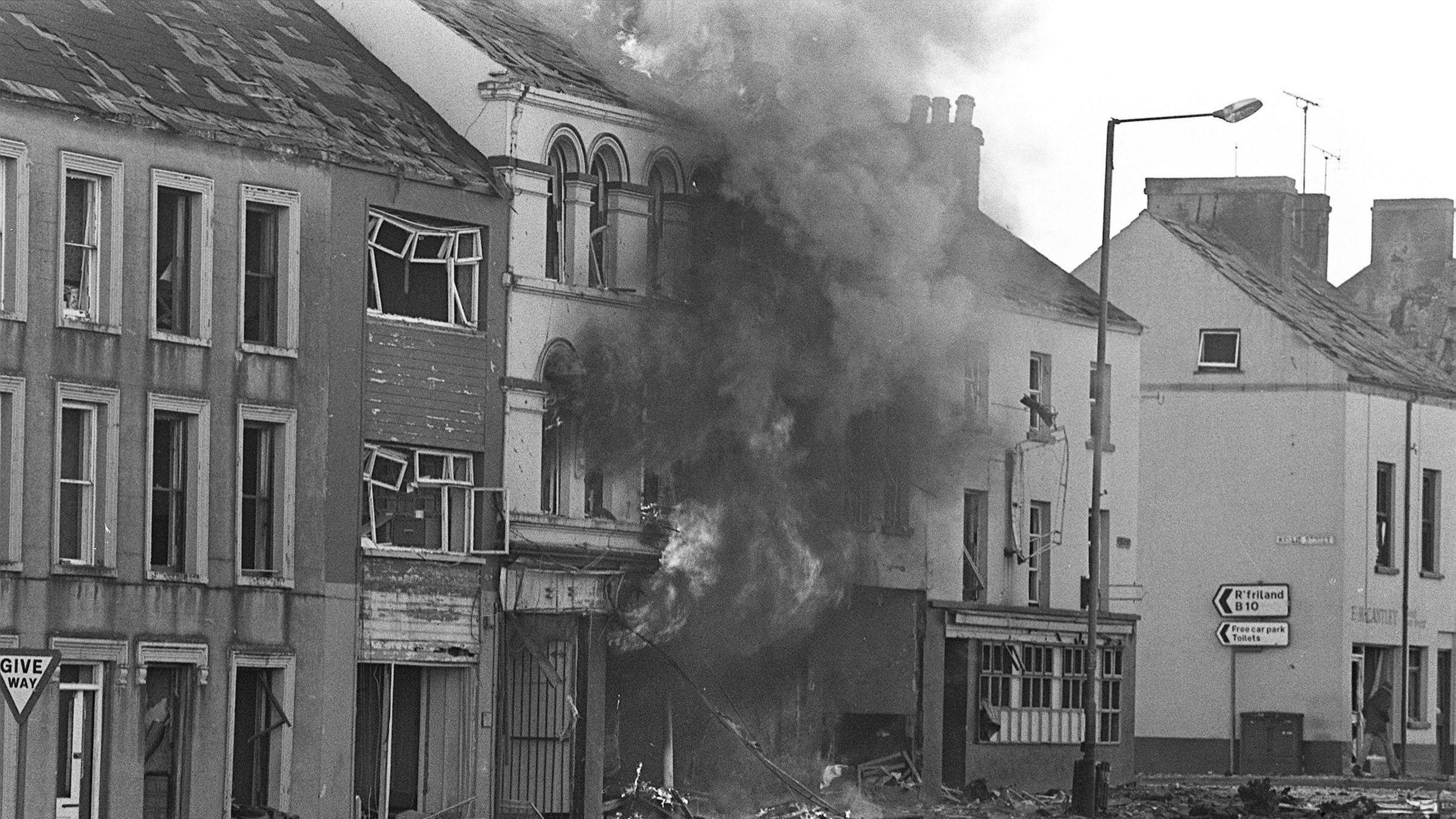
There were thousands of bomb and gun attacks during the Troubles
- Published
The IRA's Guildford pub bombings in 1974 is to be one of the first investigations undertaken by the new body which will examine troubles legacy cases.
The Independent Commission for Reconciliation and Information (ICRIR) has had 85 enquiries since becoming operational on May 1.
So far, eight of the enquiries have been accepted for investigation. It has confirmed the pub bombings is one of them.
Four soldiers and a civilian were killed in a blast at the Horse and Groom pub in Guildford, Surrey, on October 5 1974. Another bomb detonated 30 minutes later at the Seven Stars.
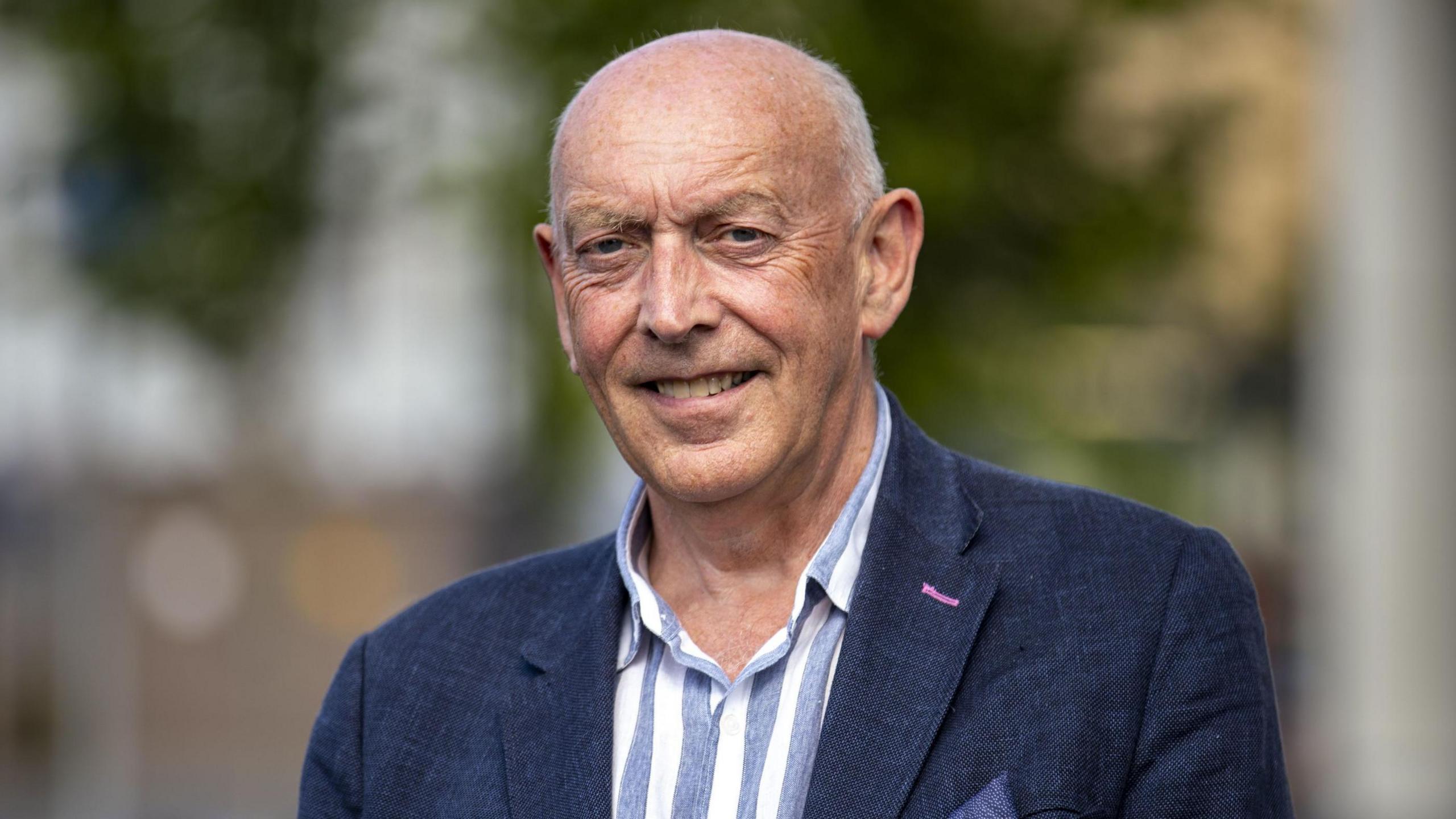
Peter Sheridan from the ICRIR is a former senior police officer
The ICRIR has powers to look into more than 3,500 killings and serious incidents which left up to 40,000 people injured. It can accept requests for the next five years.
Its Commissioner for Investigations, Peter Sheridan, said its focus is on “people not numbers”.
The Labour government has pledged to retain the ICRIR, despite planning to repeal and replace the Legacy Act which created it.
However, it is looking at reforming its governance.
Secretary of State for Northern Ireland Hilary Benn said in July that families would be the judge of the ICRIR’s success.
There have been calls for it to be scrapped as part of Labour’s plans, including from the former Northern Ireland Police Ombudsman, Baroness Nuala O’Loan.
Sinn Féin has previously claimed the ICRIR does not have the confidence of most victims and survivors and “does not have the powers it needs to deliver truth”.
'This is very low'
Responding to the caseload figures, the director of Belfast-based human rights group CAJ said the new establishment of the ICRIR had "led to legacy investigations practically grinding to a halt".
"Four months in, the ICRIR only has a caseload of eight investigations. This is very low," Daniel Holder said.
"Compare this to the hundreds of cases that were being dealt with by the Police Ombudsman, Inquests, civil litigation and police teams that have all been shut down by the Legacy Act."
Mr Holder added: “No amount of spinning on the numbers of general enquiries can disguise that very few requests for investigations have been received."
'We must be thorough'
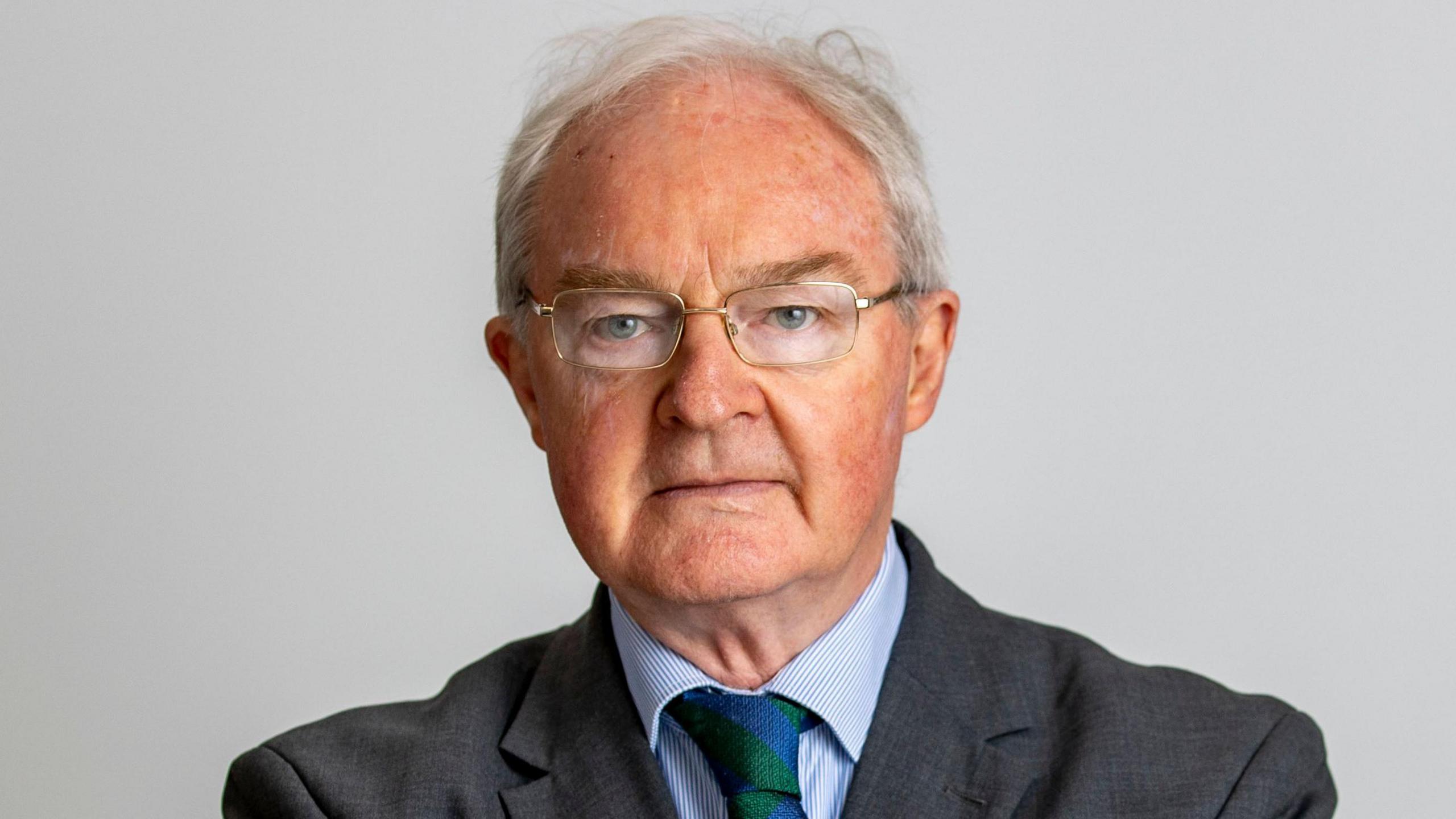
Formerly NI's top judge, Sir Declan Morgan is now the ICRIR's chief commissioner
In an update on its work, the ICRIR said that of the 85 enquiries from victims, survivors and families, “eight have now been accepted for investigation”.
The body’s chief commissioner is the former Lord Chief Justice of Northern Ireland, Sir Declan Morgan.
He said: “There are no quick wins and we must be thorough.
“We must also not rush or cut corners, so that prosecutions and findings we make are well supported in evidence.”
He added families and individuals the commission will meet will "have experienced harm and suffering" and may have "waited many years" to find out what happened to their loved ones.
“We recognise the seriousness of the work that we are undertaking and understand that how we do things is as important as what we do.”
Last week, the ICRIR said it had “unprecedented powers” to compel individuals and organisations to provide it with the information it requires to conduct investigations.
In consultation with those who seek its help, the ICRIR, which has police powers, will decide on the type of investigation to be carried out.
'Root and branch reform'
Speaking at the British Irish Association conference at the weekend, the Tánaiste (Irish deputy Prime Minister) Micheál Martin questioned the ICRIR’s independence.
He said the body would require “root and branch reform”.
However, Sir Declan rejected his claim.
“He is not right about us not being independent, if that is what he is suggesting.
“The courts have found that we are independent – the litigation that was taken by families had a look at this.
“The court found we had the necessary independence to do investigations,” Sir Declan told BBC Good Morning Ulster.
He added he was “perfectly happy” to listen to suggestions “that might enhance that independence”.
Related topics
- Published17 July 2024
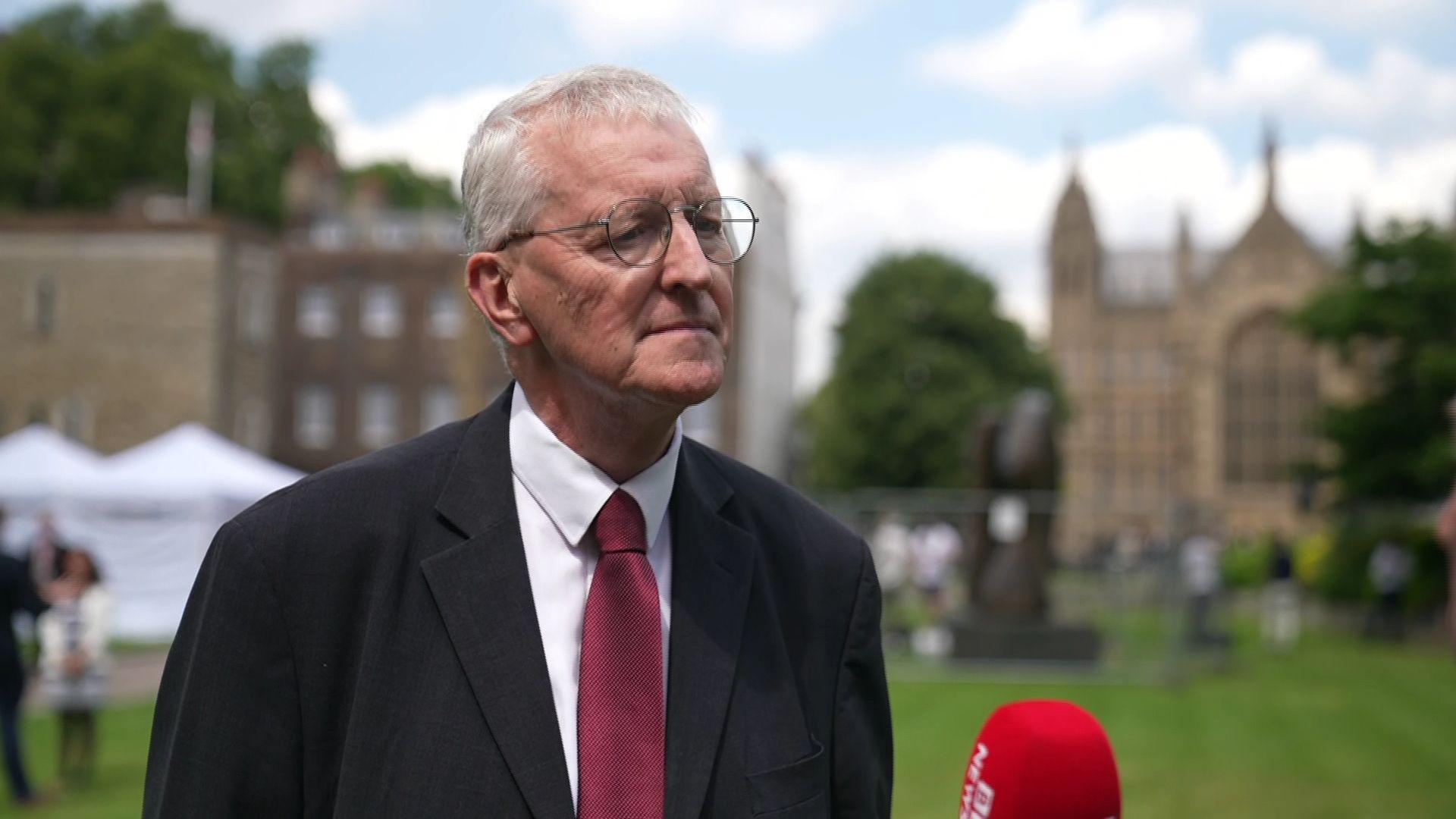
- Published11 June 2024
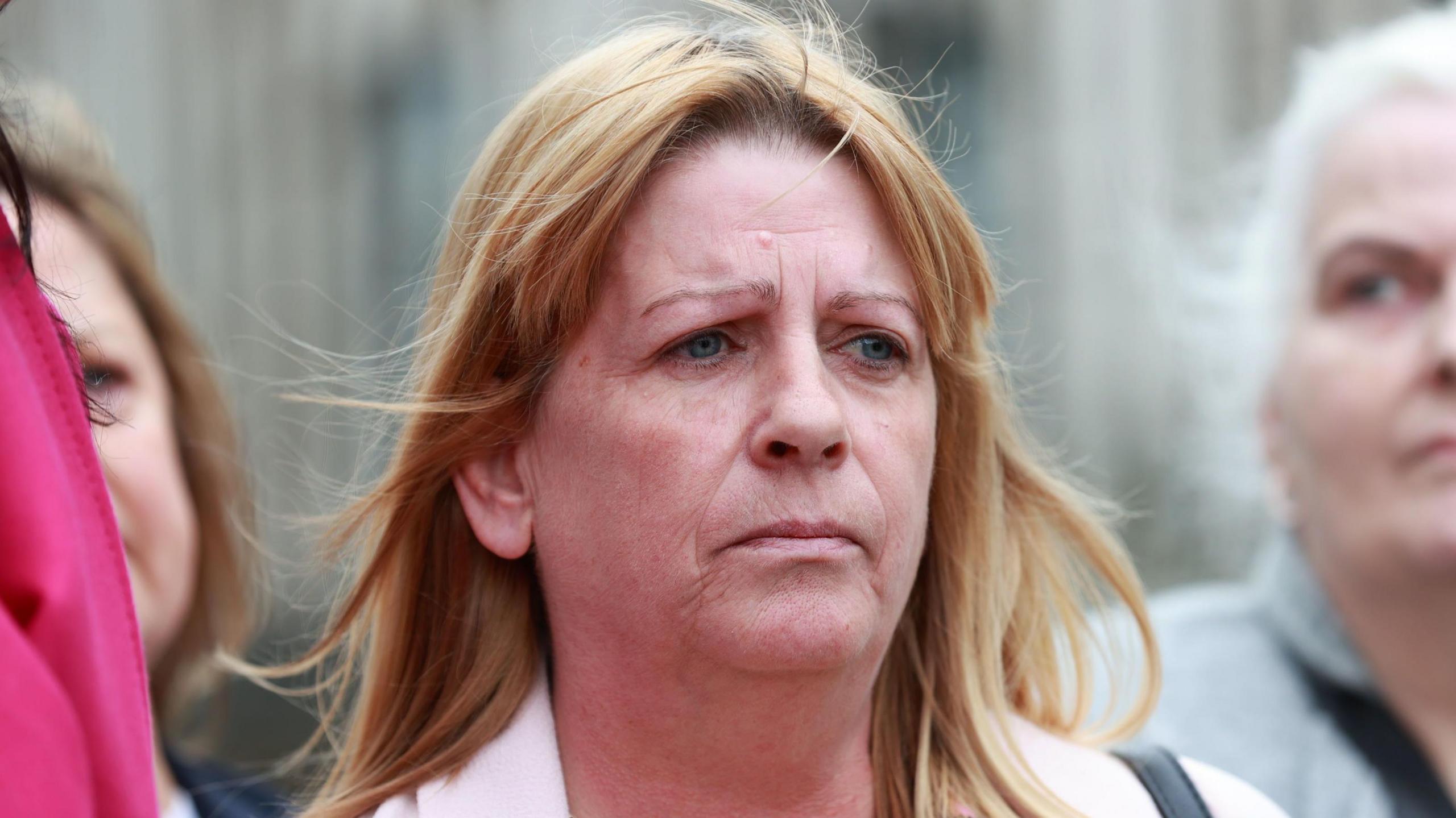
- Published1 May 2024
